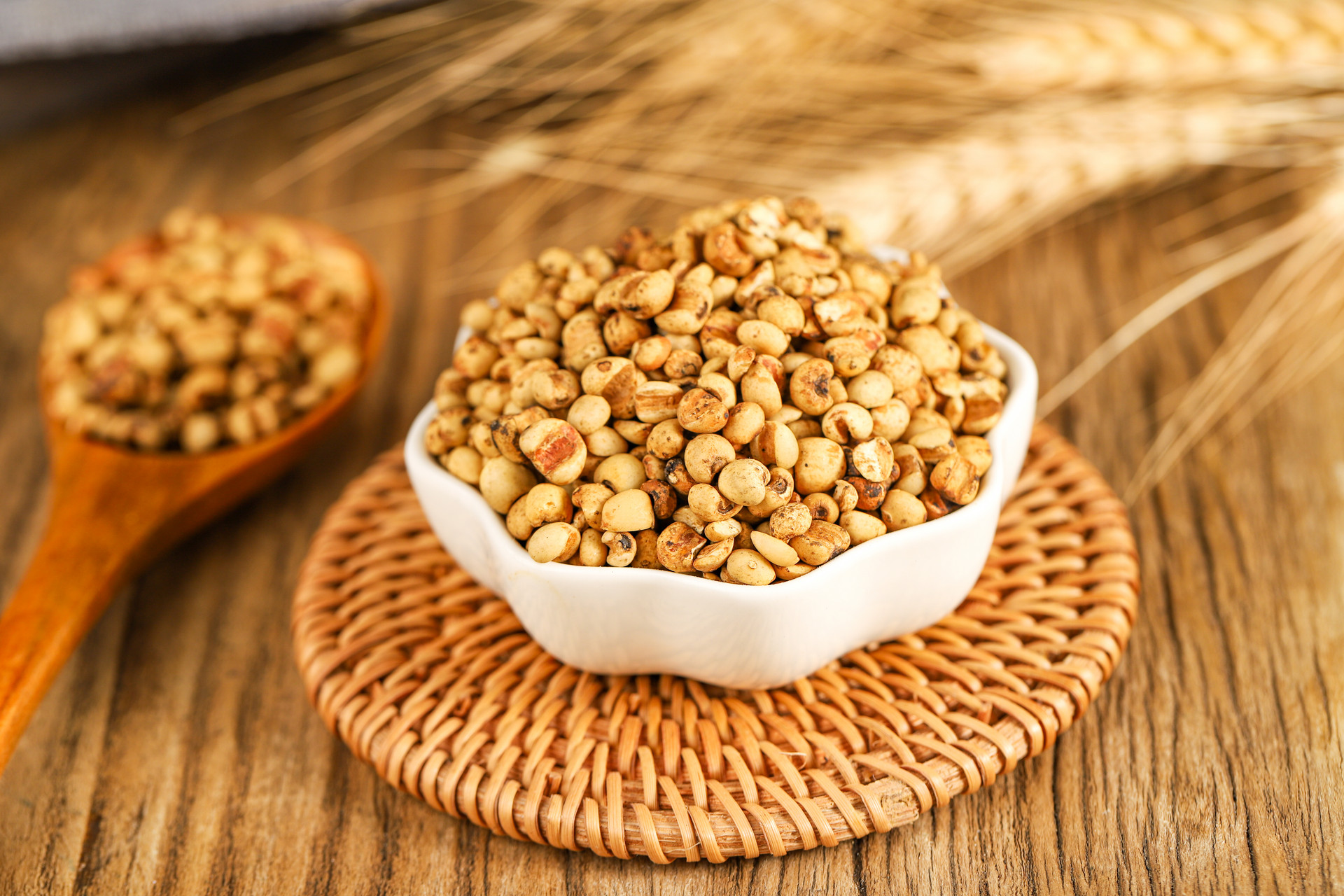Bird's nest is a precious tonic that many people are not familiar with the dosage after purchasing it. Let's talk about how much bird's nest is appropriate to eat.
How much bird's nest is appropriate to eat
5-10 grams.
Bird's nest is a natural tonic food with a sweet taste and neutral nature. It has the functions of nourishing yin, moisturizing dryness, invigorating qi, nourishing the middle, beautifying the skin, and enhancing immunity. Like any food, there is a recommended dosage. Excessive consumption of bird's nest can have adverse effects. Although bird's nest itself does not have obvious toxic side effects, excessive consumption can still cause discomfort.
What are the harmful effects of eating too much bird's nest
In general, excessive consumption of bird's nest does not immediately cause discomfort. However, the main component of bird's nest is protein. If it is consumed in large quantities over a long period of time, the body's gastrointestinal system may not be able to fully absorb it, leading to energy accumulation and increased burden on the stomach and intestines, resulting in bloating, indigestion, and other gastrointestinal reactions.
How often should bird's nest be consumed
Every 2-3 days.
Bird's nest contains rich protein, which is not easily digested and absorbed by the human body. Eating bird's nest too frequently can overload the stomach and intestines. Generally speaking, consuming bird's nest every 3 days allows the body to absorb 95% of its nutritional content. Consuming it every 2 days allows the body to absorb about 100% of its nutrition, while consuming it every day allows for approximately 90% absorption. Therefore, it is generally recommended to consume bird's nest every 2-3 days.
When is the best time to eat bird's nest
On an empty stomach in the morning and evening.
It is generally recommended to consume bird's nest on an empty stomach in the morning and evening. In an empty stomach state, the nutrients in bird's nest can directly contact the mucosa of the digestive tract, quickly pass through the stomach and enter the intestines, and be more effectively absorbed and utilized without being affected by the absorption of other foods in the stomach.
Who should not eat bird's nest
1. People allergic to protein
The main component of bird's nest is water-soluble protein, accounting for about 50% of the total. People with protein allergies should be cautious when consuming bird's nest. Otherwise, it may cause allergic reactions such as nausea, diarrhea, rash, and itching. In severe cases, it may even cause symptoms such as difficulty breathing, chest tightness, and shortness of breath.
2. People with colds
Bird's nest has a nourishing effect, but during a cold, the diet should be light. Taking bird's nest may cause the accumulation of pathogenic factors in the body, thereby aggravating the cold.
3. People with poor digestion
Bird's nest contains abundant protein, which is already difficult to digest and absorb. People with poor digestion not only cannot absorb the nutrients in bird's nest, but may also worsen their gastrointestinal burden and cause discomfort.












